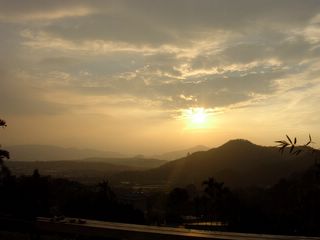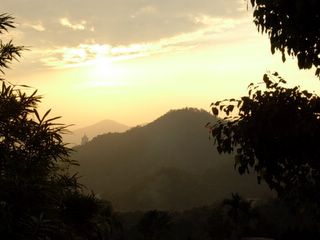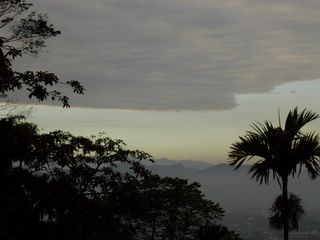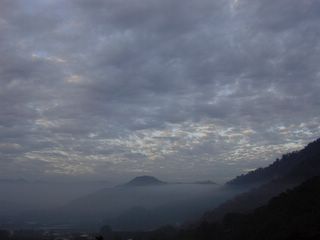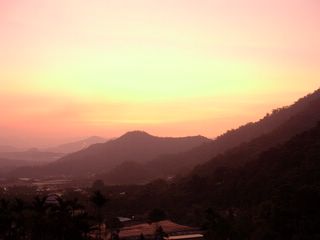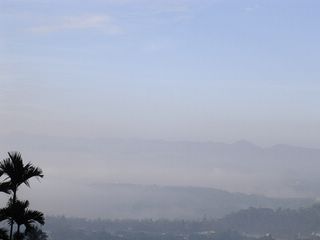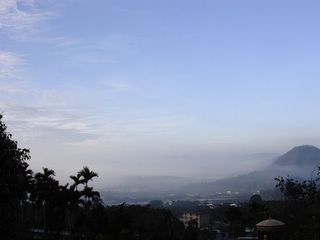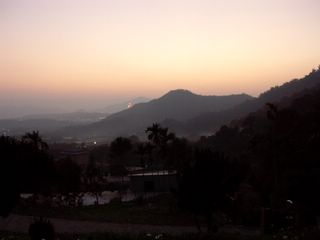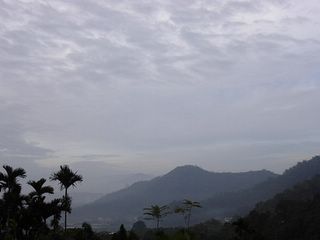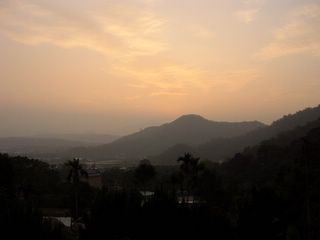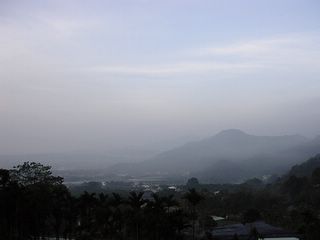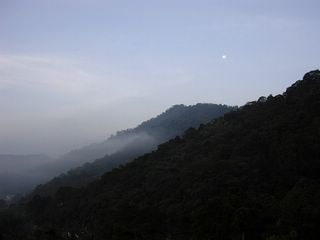--Continuity of practice is the secret of success.--Rolling, rolling in sense pleasures we keep tying knots. Observing, observing, observing, we untie all the knots. 11.03
Equanimity, impermenance, substancelessness, asenselessness, change: all characteristics of alll the sensations, reactions, and thouyghts we have as we interact with the outside world. Difficultynot to be distracted at times, mind wandering here, there, past and future. But at times, when mind is here and now, the pain, frustration disappear.
15.33
Not sure if it was the Vipassana practice or my wild flowering thoughts while meditating. I couldn't get my mind off of the troubles between my parents and awkward relationship with my dad. I thought of how he just left us, hurt us so much, his health, his due retirement, and his intention to move back home again.
I cried.
I imagined confronting him and that all would be alright after we all sat down and talked everything--all the misunderstanding, deceit, difortune and years apart-- through. I imagined giving him a letter on his day of retirement, hugging him, crying. In the letter "爸爸辛苦了!" (
Dad, how hard you have worked!)...exact words as I had repeated on the many nights in my childhood when he came home late...
Is this the mind trying to rid itself of the past aversions and cravings???
20.22
It seems the coming two days will be when the real surgery takes place... the discourse tonight warned of the storm ahead. But assumed that we are prepared.
"
May you find real peace, real happoiness, real harmony."--The Discourse Summaries--talks from a ten-day course in Vipassana Meditation, S.N. Goenka
"Equanimity must be practised at the level of bodily sensation in order to make a real change in one's life. At every moment sensations are arising within the body. Usually the conscious mind is unaware of them, but the unconscious mind feels the sensations and reacts to them with craving or aversion. ""All the practice of Vipassana has as its purpose to enable one to live in a proper way, fulfilling one's worldly responsibilities while maintaining a balanced mind, remaining peaceful and happy within oneself and making others peaceful and happy"




